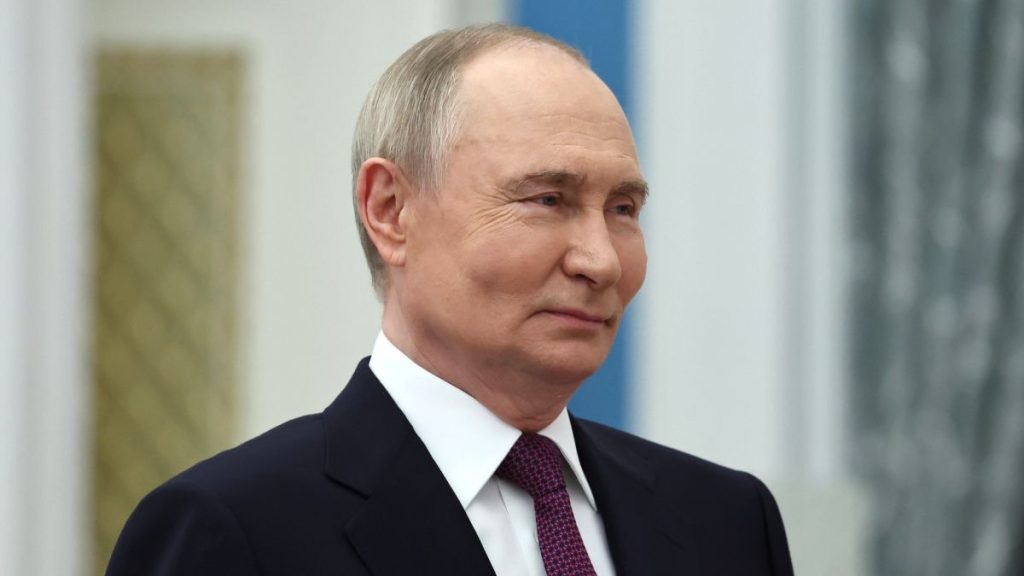The law covers suspects accused of treason, terrorism, espionage, or extremism.
Others are reading now
The law covers suspects accused of treason, terrorism, espionage, or extremism.
Putin Signs Law Giving FSB Its Own Prison System
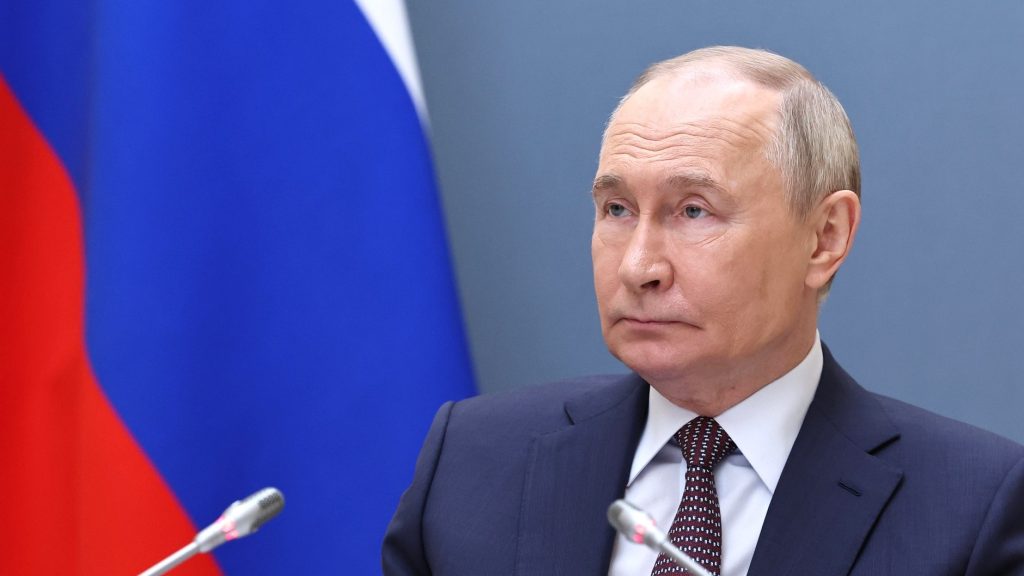
Vladimir Putin has signed a new law granting Russia’s Federal Security Service (FSB) the power to run its own network of pre-trial detention centers.
The move ends nearly two decades of Justice Ministry oversight and signals a return to harsher internal controls.
Allow FSB to Set Its Own Detention Standards
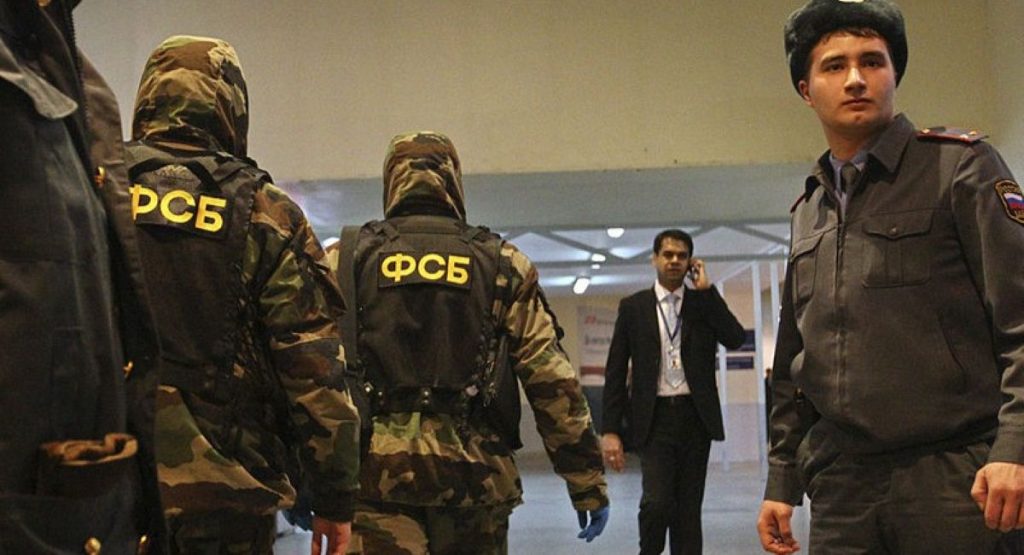
Starting January 1, 2026, the FSB will control how detainees are held, transported, and interrogated, independent of the national prison service.
The law covers suspects accused of treason, terrorism, espionage, or extremism, under the guise of protecting state secrets.
Also read
Critics Warn of a New Gulag in the Making
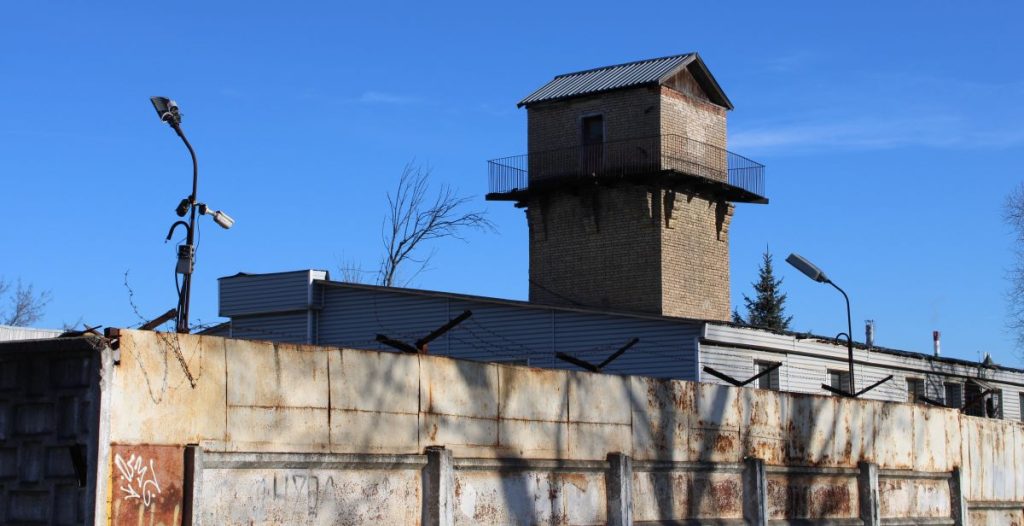
Experts on Russia’s security apparatus, Andrey Soldatov and Irina Borogan, have warned that the law lays “the basis for a new Gulag.”
According to Digi24, they fear it will lead to increased political repression and give the FSB unchecked power over detainees.
FSB to Reclaim Control of Notorious Lefortovo Prison
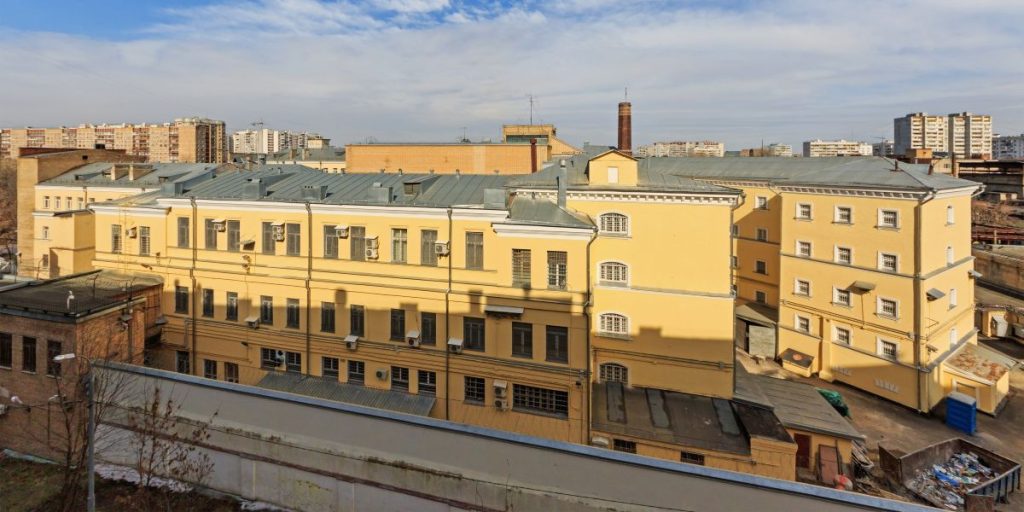
At least seven detention centers will move from the Ministry of Justice back under the FSB’s control.
Among them is Moscow’s Lefortovo prison, infamous for secretive interrogations and tight surveillance of political detainees.
Shift Undoes Reforms Meant to Align with Europe
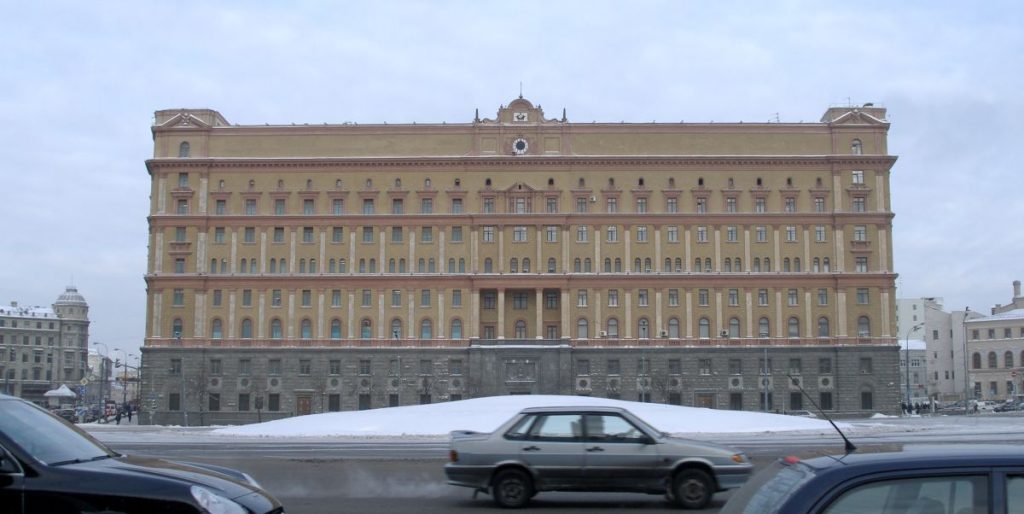
The seven detention centers were placed under Justice Ministry control in 2006 to meet European legal standards.
Also read
Russia was a member of the Council of Europe at the time, a membership that ended in 2022 following the invasion of Ukraine.
Kremlin Rejects Past Reform as Western Influence
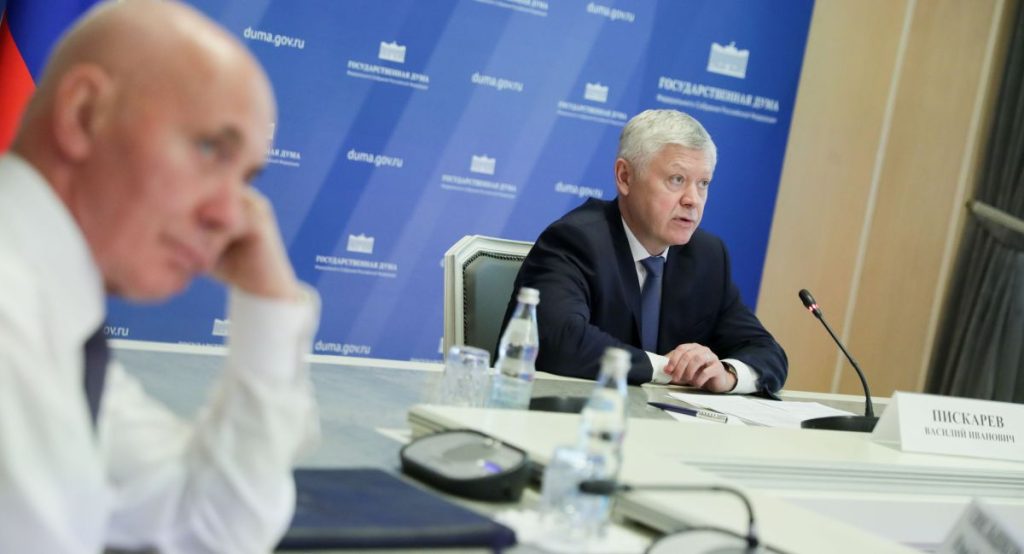
One of the bill’s authors, State Duma deputy Vasily Piskaryov, called the 2006 handover a concession to the West.
He claimed it had never truly enhanced national security and was designed only to please foreign observers.
Lawyers Warn Access to Justice Will Shrink Further
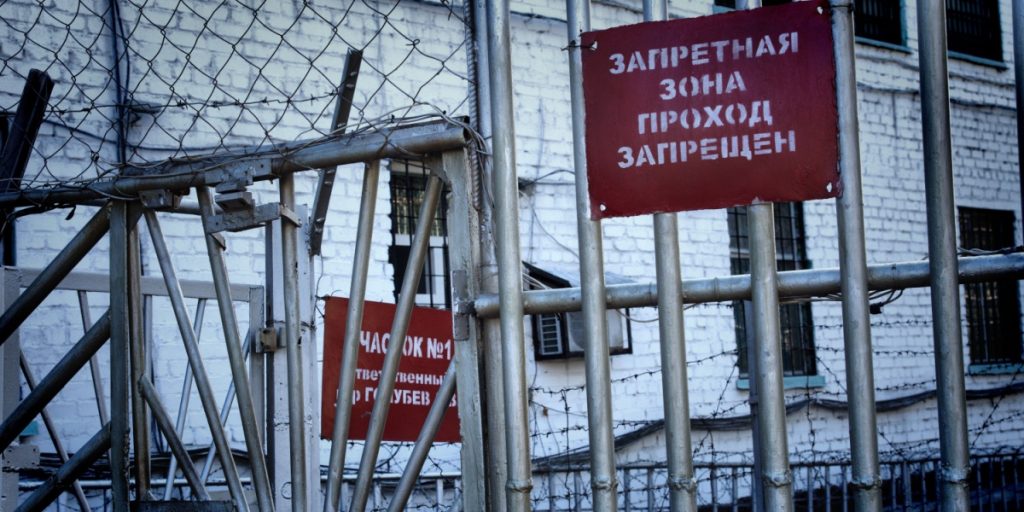
Legal experts, including attorney Yevgeny Smirnov, note that the FSB already exercised informal control over these facilities.
But with the new law, the agency can now formally limit detainees’ access to lawyers and outside communication.
Also read
A Legal Shift With Major Human Rights Implications
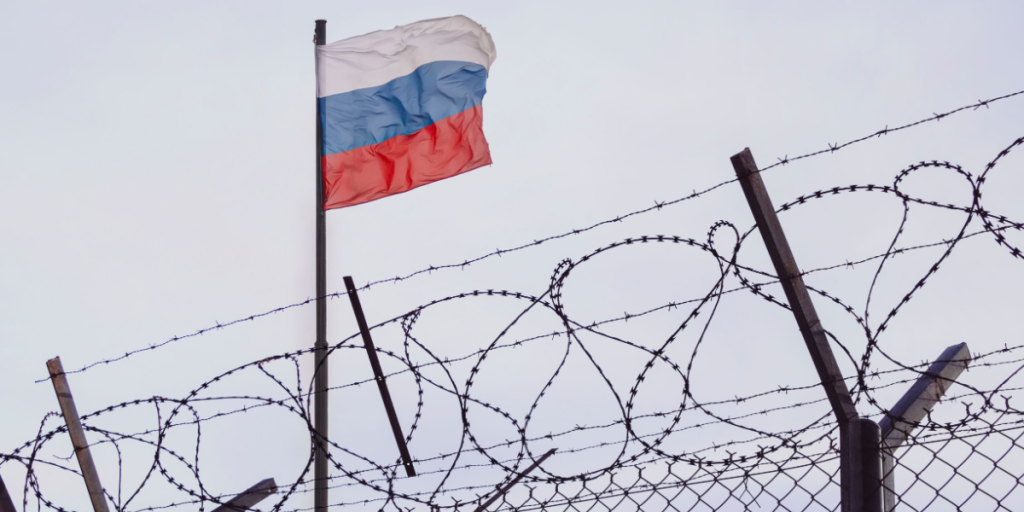
Though framed as a security upgrade, the law effectively legalizes practices long used unofficially by the FSB.
Human rights advocates warn it sets a dangerous precedent, reopening the door to secret prisons and arbitrary detention in modern Russia.

